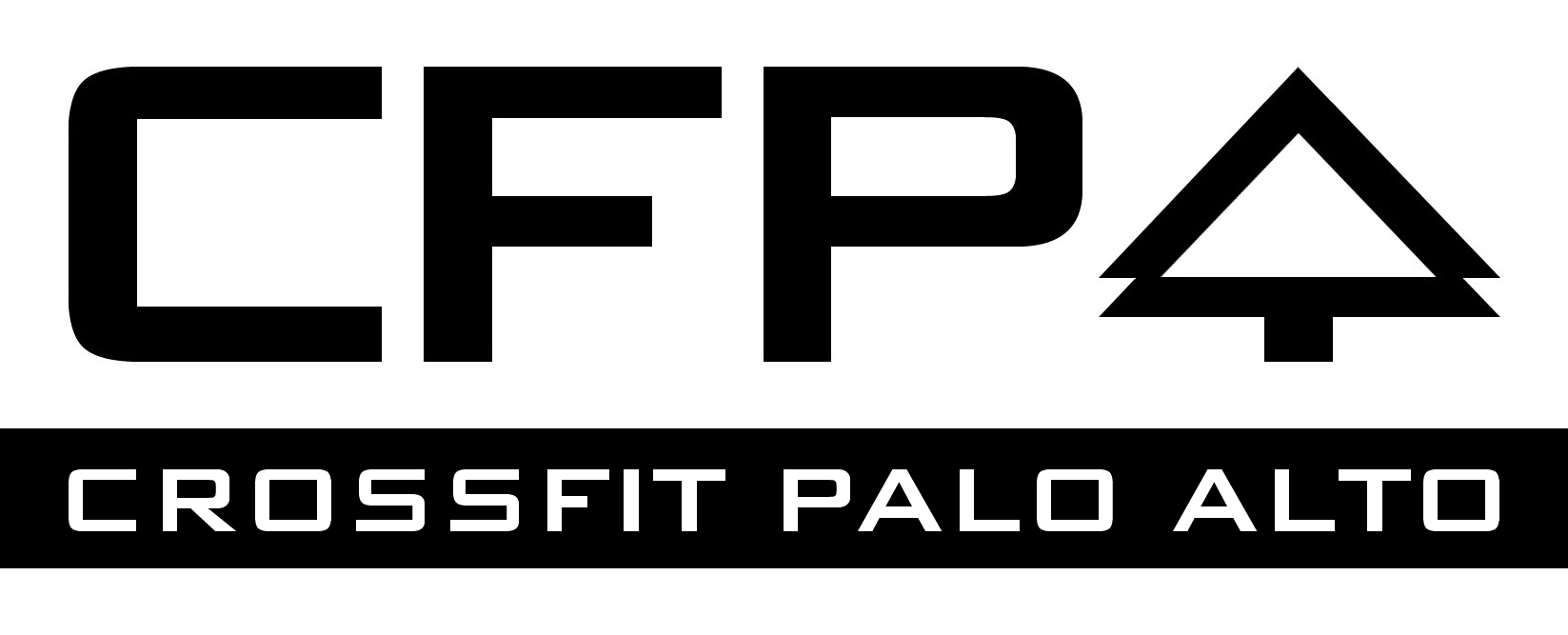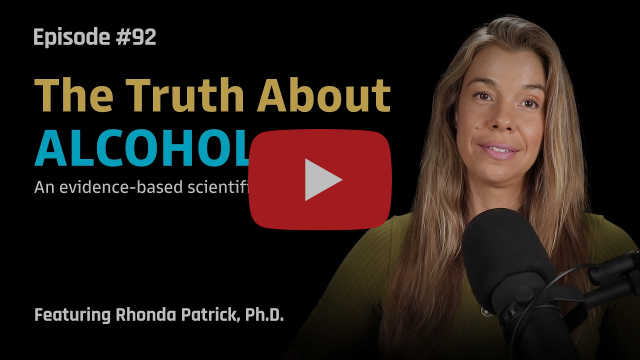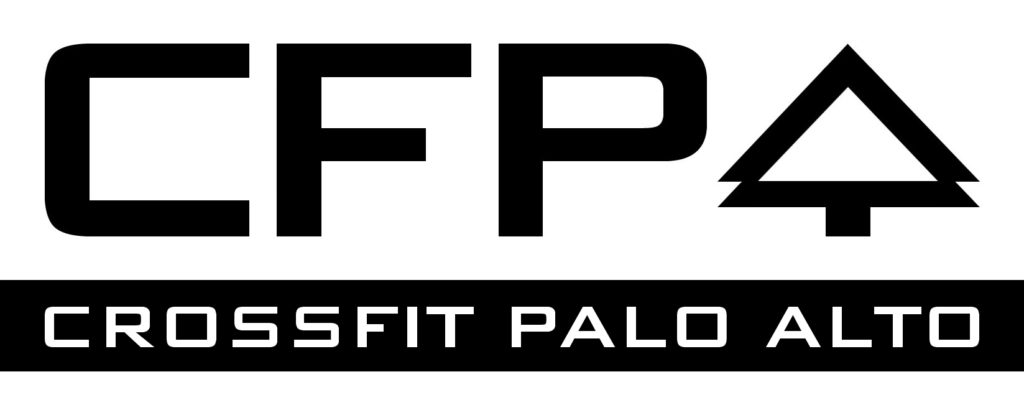Is This A Cult?
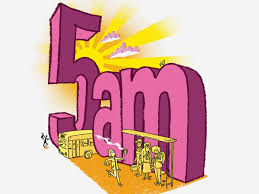
“Nobody is looking for me at 5am.” – Jim Carr
Someone Else’s Deep Squats (Thoughts)
The following is taken from an article in The Guardian titled: The cult of 5am: is rising at dawn the secret of health and happiness? Hat Tip to CFPA’s Five Tribe.
It has been called the morning miracle – getting up before everyone else and winning the day. But does it actually make you more productive and focused?
It is 5.15am and I am walking down my street, feeling smug. The buildings are bathed in peachy dawn light. “Win the morning and you win the day,” suggests productivity guru Tim Ferriss. The prize is within my sights: an oat-milk latte, my reward for getting up ridiculously early.
Perhaps the most poignant aspect of being up and about so early is that it unmasks the lie that London is a 24-hour city. Corner shops that I had assumed were open all night are locked behind graffiti-sprayed shutters. Aha, what is this I see? A human. He is listing from side to side, clearly heading home after a big night.
I pass the coach stop for the airport where three shift workers, discernible by lanyards and their lack of luggage, are staring glassily into the empty road. They are not exactly radiating winning-the-day exuberance.
Why am I doing this? Because, in an attempt to become one of the elite superbeings who are members of the 5am club, I am trying a week of very early starts. Being an early bird is increasingly popular among the rich and famous, with everyone from Jennifer Lopez, Jennifer Aniston and the Kardashians to tech bros such as Facebook’s Mark Zuckerberg, Apple’s Tim Cook and Twitter founder Jack Dorsey subscribing to the club.
To a sceptic, there is a degree of magical thinking to much of this. If you can just do this one thing – get out of bed while others snooze – you will have time to get fit, eat healthily and achieve all your goals. Still, after scrolling through a tsunami of turmeric lattes, gratitude journals and sun salutations, I am sufficiently inspired to try it.
Ordinarily, I get up at 6.30am without an alarm. I am not at my best at this hour. I mainline instant coffee and doom scroll for 90 minutes, and then it is time to get ready for work. Could rising at 5am and following a structured routine make me productive and focused? I commit to doing it for a week.
The night before I begin, I go to bed at 9pm and soon fall into an unusually deep sleep. At 4.50am, my alarm, set to Arcade Fire’s Wake Up, blares out of my phone at top volume. There is a thud from above: I have accidentally recruited my neighbour into the 5am club. I make coffee and slump on the sofa. But then I remember this isn’t allowed. I must instead follow the book’s 20/20/20 formula. From 5am to 5.20am you do some form of vigorous exercise; 5.20am to 5.40am is for meditation and journaling; and from 5.40am to 6am, it is time for reading or learning. I feel terrible, despite having had eight hours’ sleep.
I have a sense that something lovely lies ahead. What is it? Then it dawns on me – only five hours and I can go to bed. Onwards to the yoga mat. But downward-facing dog leaves me feeling dizzy, so I stop. I move on to journaling, but all I can think of to write is: “I want to go back to bed, please.” I do a quick round of Duolingo to tick the “learning” box, but that lurid-green owl isn’t an ideal dawn companion. It is now 6am and the whole day stretches ahead of me. But I can barely summon the energy to get off the sofa, let alone get on the tube and go to the office. I attempt to do some work; the day passes slowly, but then I have a strange sense of anticipation that something lovely lies ahead. Then it dawns on me – only five hours and I can go to bed.
Why is this so hard? I put the question to Russell Foster, head of the Sleep and Circadian Neuroscience Institute at Oxford University. But he wants to know why I would want to sign up for the 5am club in the first place. To say he is scathing about the fetishisation of the early start would be an understatement. “There’s nothing intrinsically important about getting up at 5am. It’s just the ghastly smugness of the early start. Benjamin Franklin was the one who started it all when he said, ‘Early to bed, early to rise makes a man healthy, wealthy and wise’ and it’s been going on ever since. It goes back to the Protestant work ethic – work is good and if you can’t or won’t work, that is, by definition, bad. Not sleeping is seen as worthy and productive.”
There is plenty of research indicating that getting up early can make you happier, and even eat more healthily. However, Foster points out a major pitfall. “In order to get enough sleep, many people would need to go to bed at 9pm. Unfortunately, most of us aren’t able to do that because we have all this stuff we need to do, whether that be helping kids with homework or putting a load of washing on. So, the danger is, we don’t actually get to bed when we should, and another factor is that other people are likely to still be making a noise around you, so how are you going to get to sleep?”
Will it get easier over time? Sleep psychotherapist Heather Darwall-Smith isn’t so sure. “We each have a chronotype that determines our body clock. Everyone knows there are people who are morning larks and others who are night owls,” she says. “But actually, most people fall somewhere in between. So, there will be people who can go to bed at 10pm and wake naturally at 5am, and it’s a routine that fits with their chronotype. But many of us are not like that. And let’s not forget, there are lots of people who have a 5am wake-up imposed on them by their work shifts.”
By day four of my experiment, I am grumpy and miserable. I’ve had to cancel a trip to the pub because, newsflash, an evening of merlot and a dawn wake-up isn’t a good combination. I’ve also become borderline insufferable. “Late night?” I ask a colleague who is yawning at the advanced hour of 11am. I really want to mention that I’ve been up for SIX WHOLE HOURS, but wisely desist. People might get jealous of my self-discipline.
Morning six is more successful. I have a deadline looming and welcome the extra time to get ahead. Day seven is the fruitless coffee odyssey and I realise that going outside definitely does make me feel a lot more energized and upbeat.
On day eight, I wake up at 5.04am without an alarm. The morning beckons. Do I bound out of bed to seize the day? I do not. I decide to return to my usual wake-up time, only now with a renewed focus. The week hasn’t been a total waste of time – far from it.
What it has made me realise is how much time I was wasting before, particularly in the morning. It’s not when you get up that matters – it’s how you choose to use the precious minutes you have that really counts.
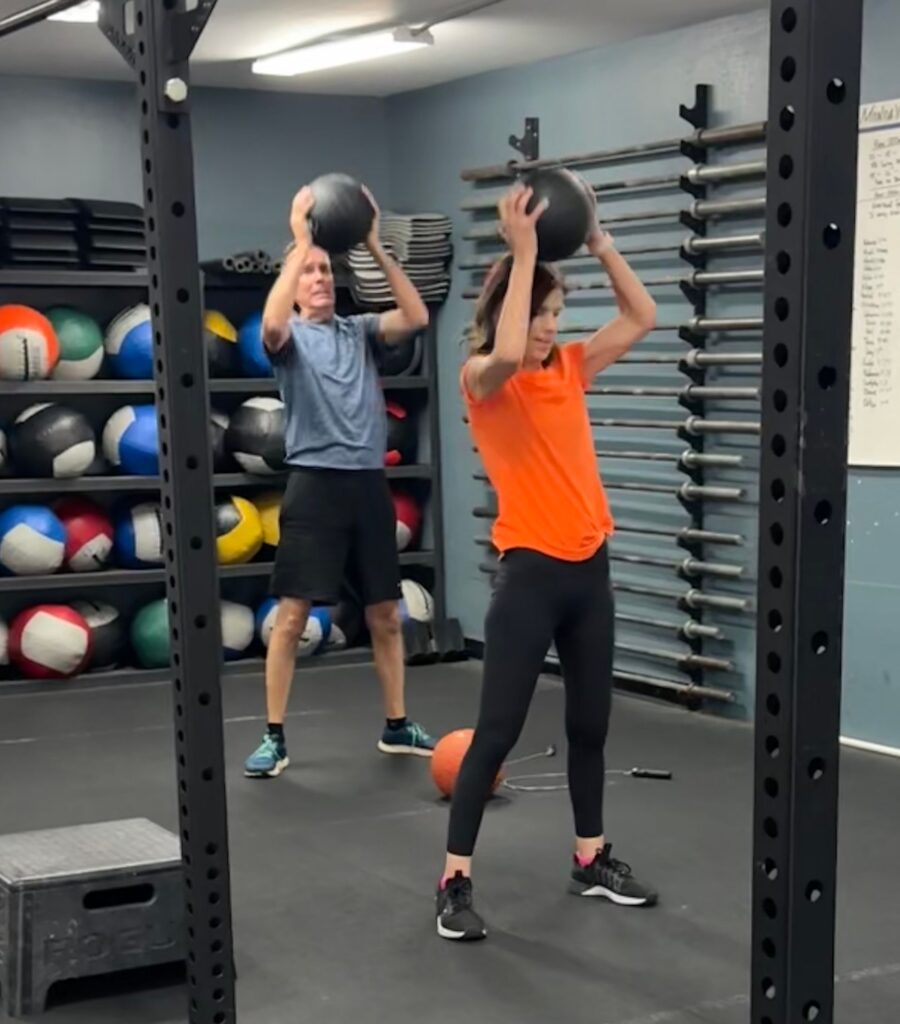
What’s Going On?
CrossFit Teens – Summer Session
Who: Boys and Girls aged 12-17
Dates: June 4th – July 30th
When: Tuesdays/Thursdays at 4pm
Led by: Coach Rebecca
*Email [email protected] to sign up*
Coaching Opportunities at CFPA
Ever think about coaching? Maybe you know someone that would be a great coach.
Let’s have a conversation.
Send me an email: [email protected]
Overheard in Class:
“Where’s the puppy?”
Gymfluencing
EuroVision Song Contest: The Story of Fire Saga
In this special episode, we’re taking a deep dive into alcohol. We’ll explore the science, misconceptions, controversies, and health effects of this widely used drug. I believe that a nuanced, scientific discussion on alcohol is the best way to provide you with the information you need to make an informed decision about alcohol use.
Alcohol and a healthy brain may not go hand-in-hand. But if you’re looking for ways to optimize cognitive health and resilience, omega-3s are a perfect place to start. We’ve crafted a 12-page Omega-3 Guide with meticulously researched, scientifically grounded information on how to choose a quality omega-3 fatty acid supplement: https://fmfomega3guide.com/
Tim’s Takeaway: I’ve never performed my best after drinking so I don’t. It’s fascinating to learn more of the science behind what actually happens to your body after we make choices about what to eat, drink, etc.
Thank you for your support.
I look forward to what we will do together.
